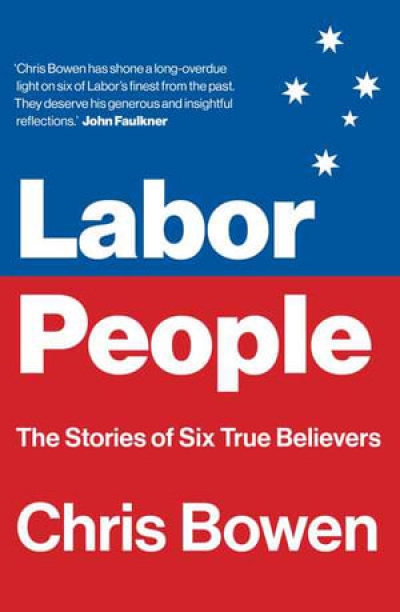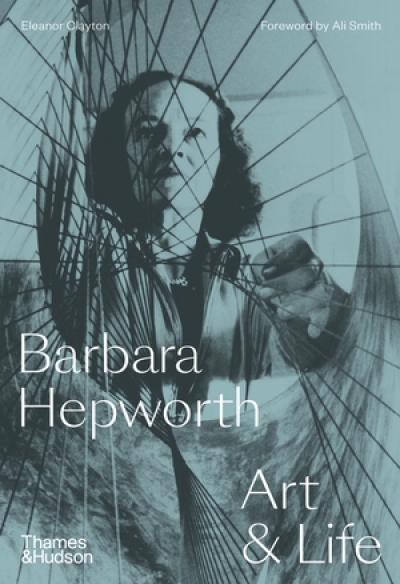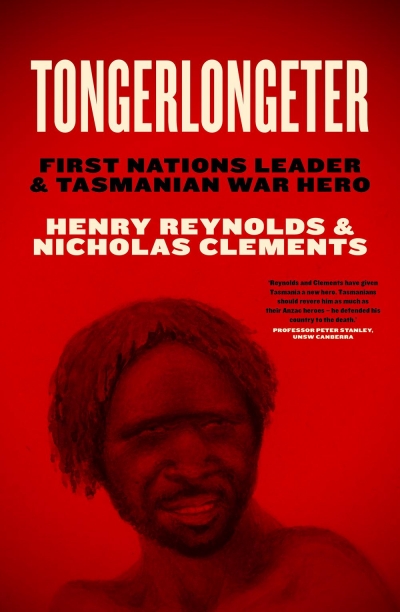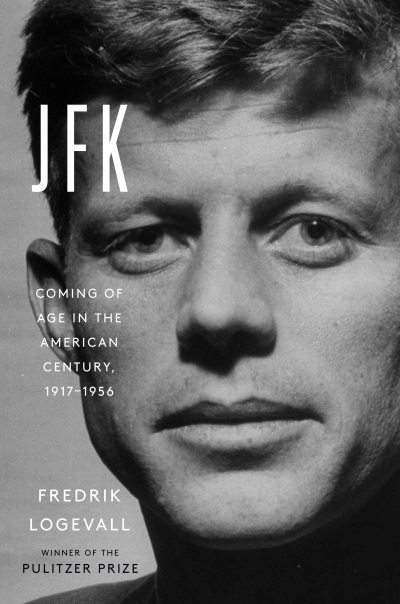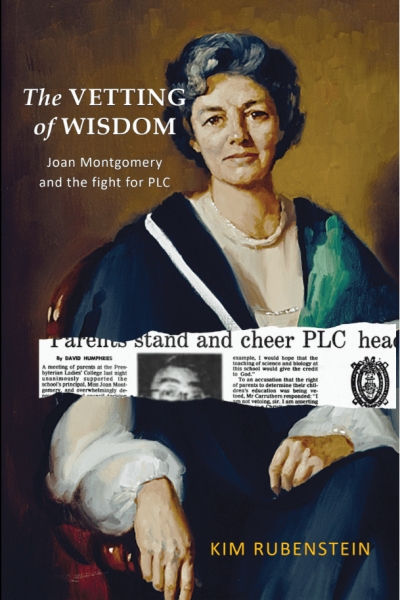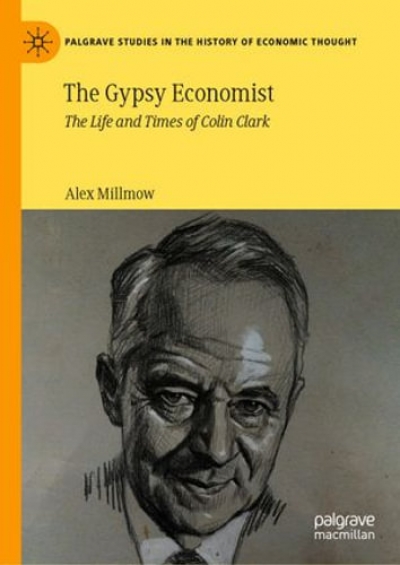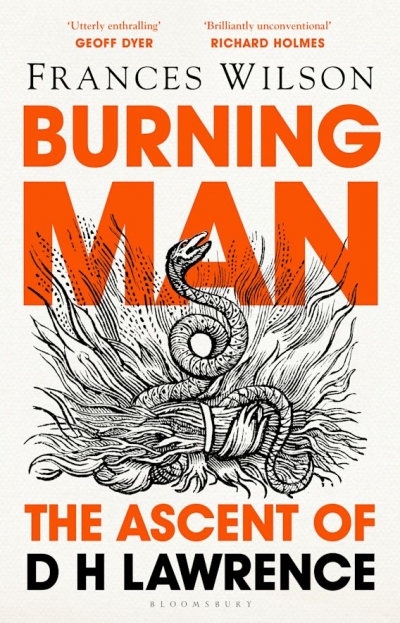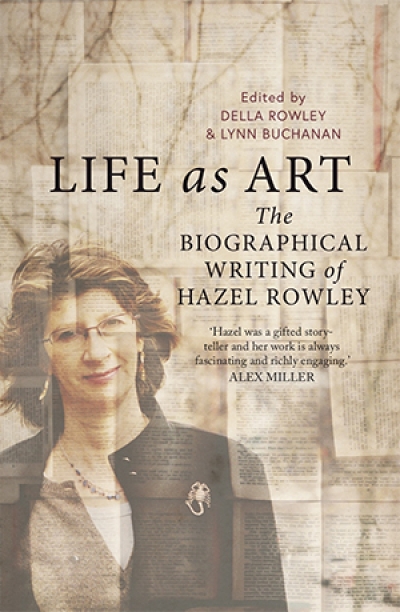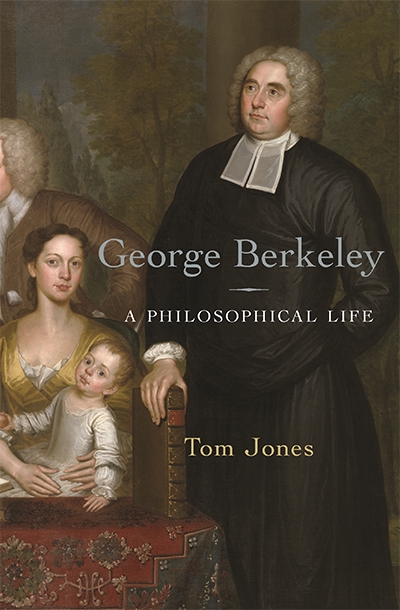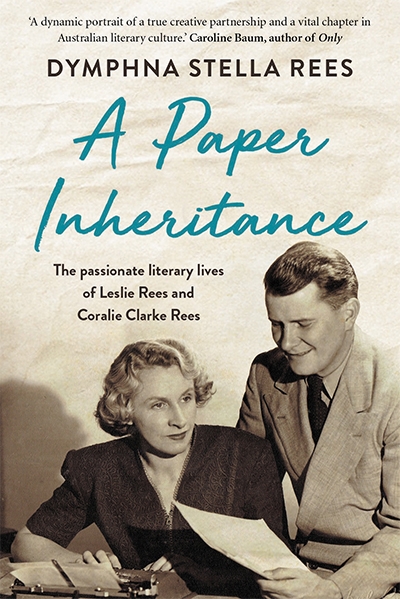Biography
Labor People: The stories of six true believers by Chris Bowen
by Lyndon Megarrity •
Tongerlongeter: First Nations leader and Tasmanian war hero by Henry Reynolds and Nicholas Clements
by Libby Connors •
JFK: Coming of age in the American century, 1917–1956 by Fredrik Logevall
by Gary Werskey •
The Vetting of Wisdom: Joan Montgomery and the fight for PLC by Kim Rubenstein
by Gideon Haigh •
The Gypsy Economist: The life and times of Colin Clark by Alex Millmow
by John Tang •
Burning Man: The ascent of D.H. Lawrence by Frances Wilson
by Geordie Williamson •
Life as Art: The biographical writing of Hazel Rowley by Della Rowley and Lynn Buchanan
by Brenda Walker •
A Paper Inheritance: The passionate literary lives of Leslie Rees and Coralie Clarke Rees by Dymphna Stella Rees
by Susan Lever •

